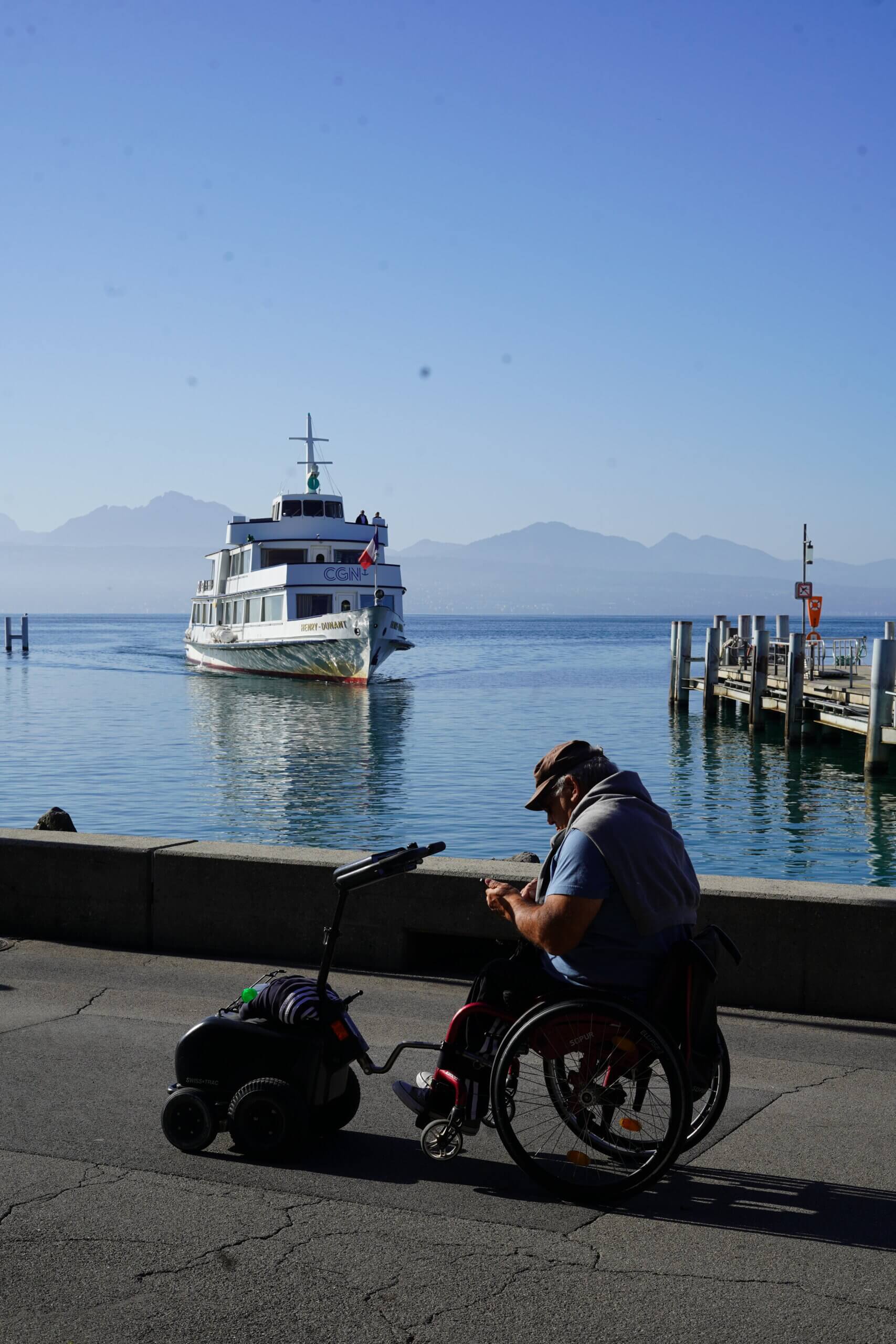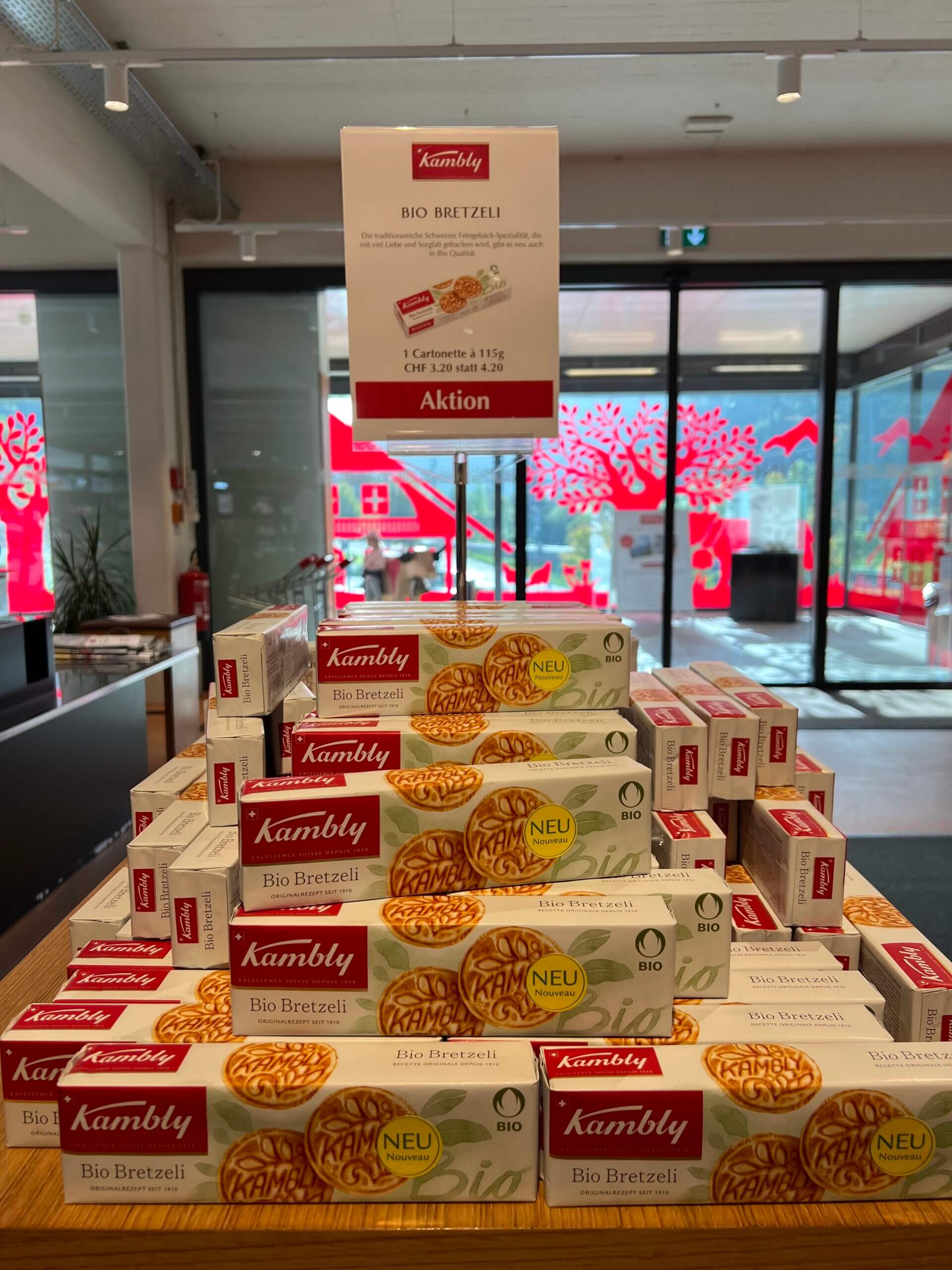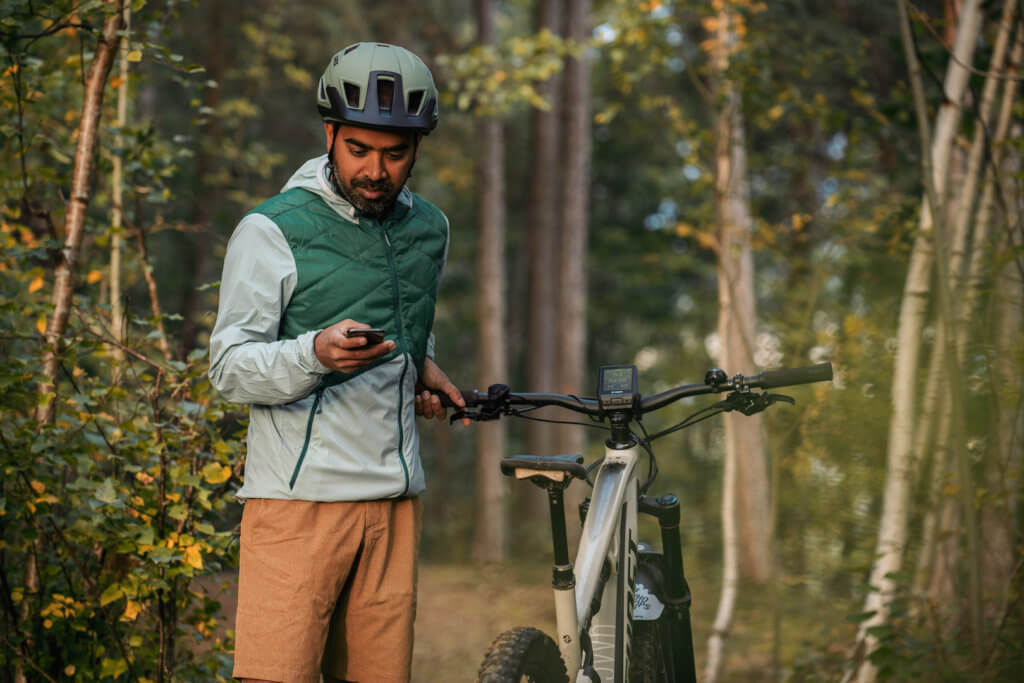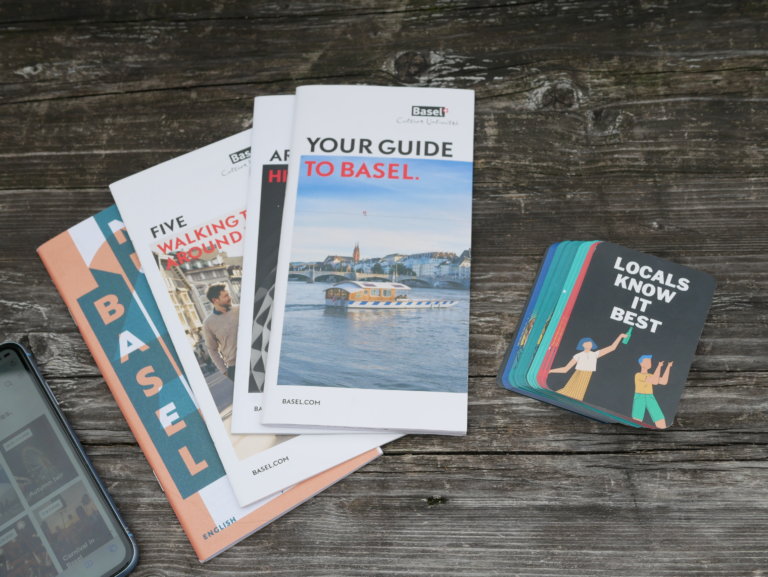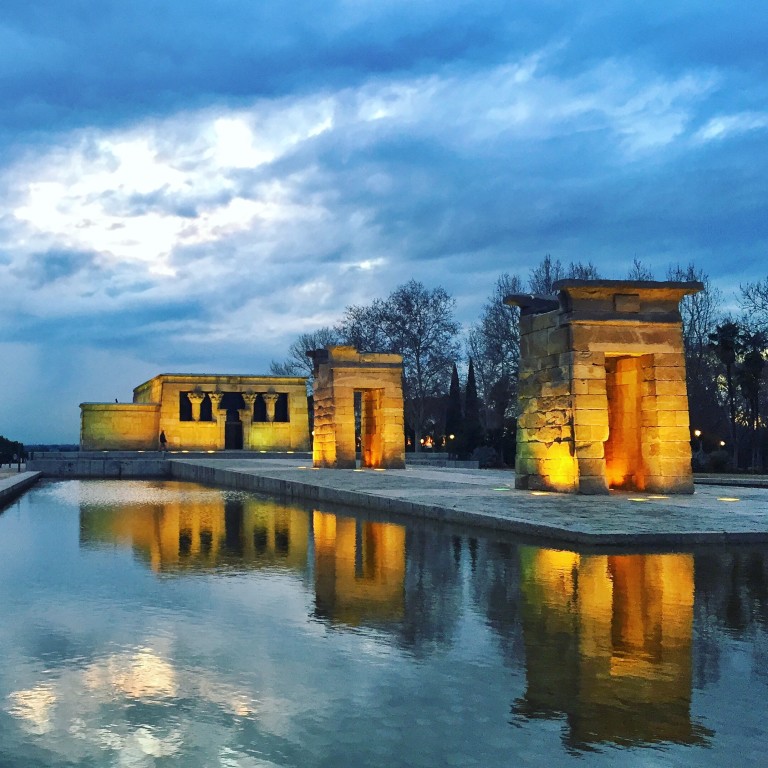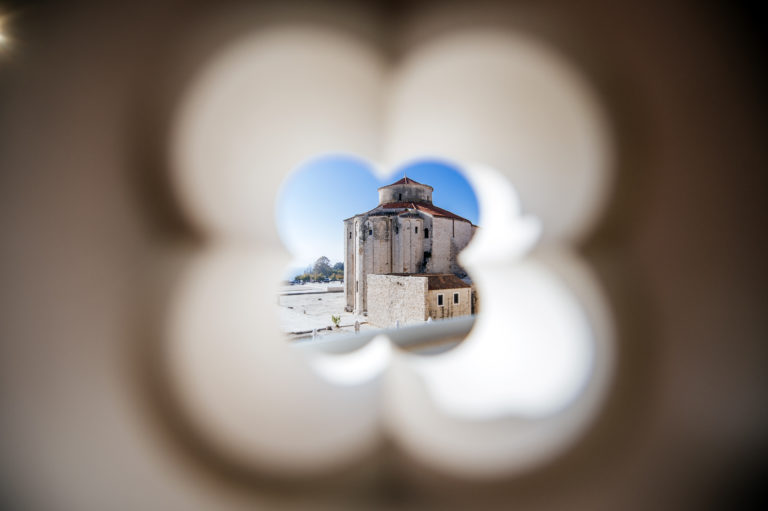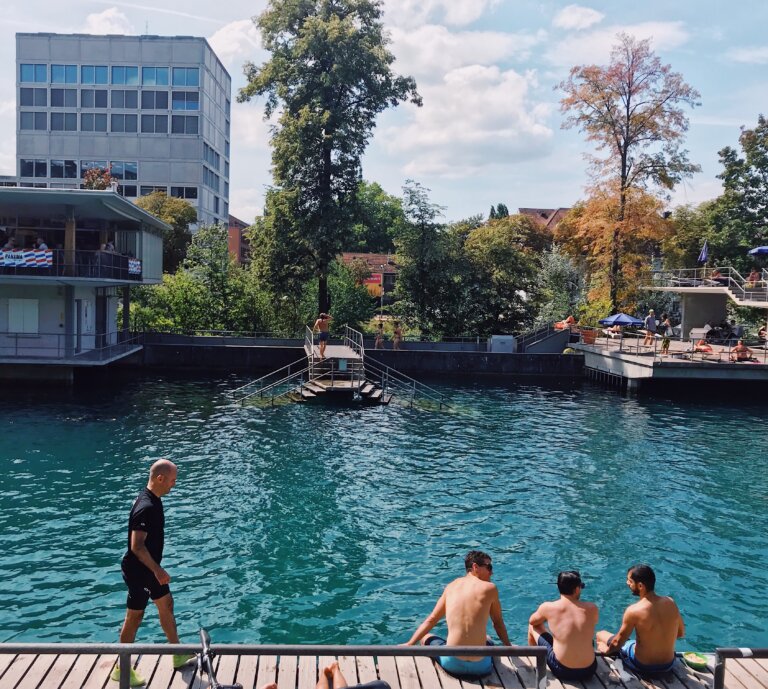Switzerland on a budget: 15 tips
First, let me be clear. Switzerland is an expensive country and according to a study by Omio, their trains are the most expensive in the world. On average travelling by train here is 30% more expensive than British trains. So, you may wonder, why as a BudgetTraveller am I recommending visiting Switzerland? Simply put, Switzerland is unmissable and one of the most jaw dropping, beautiful countries in the world I have been to. I am saying that as someone who lives in Germany which has its fair share of spectacular natural scenery. Trains in Germany are nice too but they don’t have a tendency to run on time whereas trains in Switzerland are extremely punctual. Plus, trains here are designed to enjoy the majestic mountain scenery, idyllic valleys and villages that Switzerland is famous for. Trains here are at least 50% better than trains in UK and even Germany so it is definitely worth the investment. Still, with a bit of planning you can save money for your Switzerland trip and below I have shared my 15 tips on how to visit Switzerland on a budget.
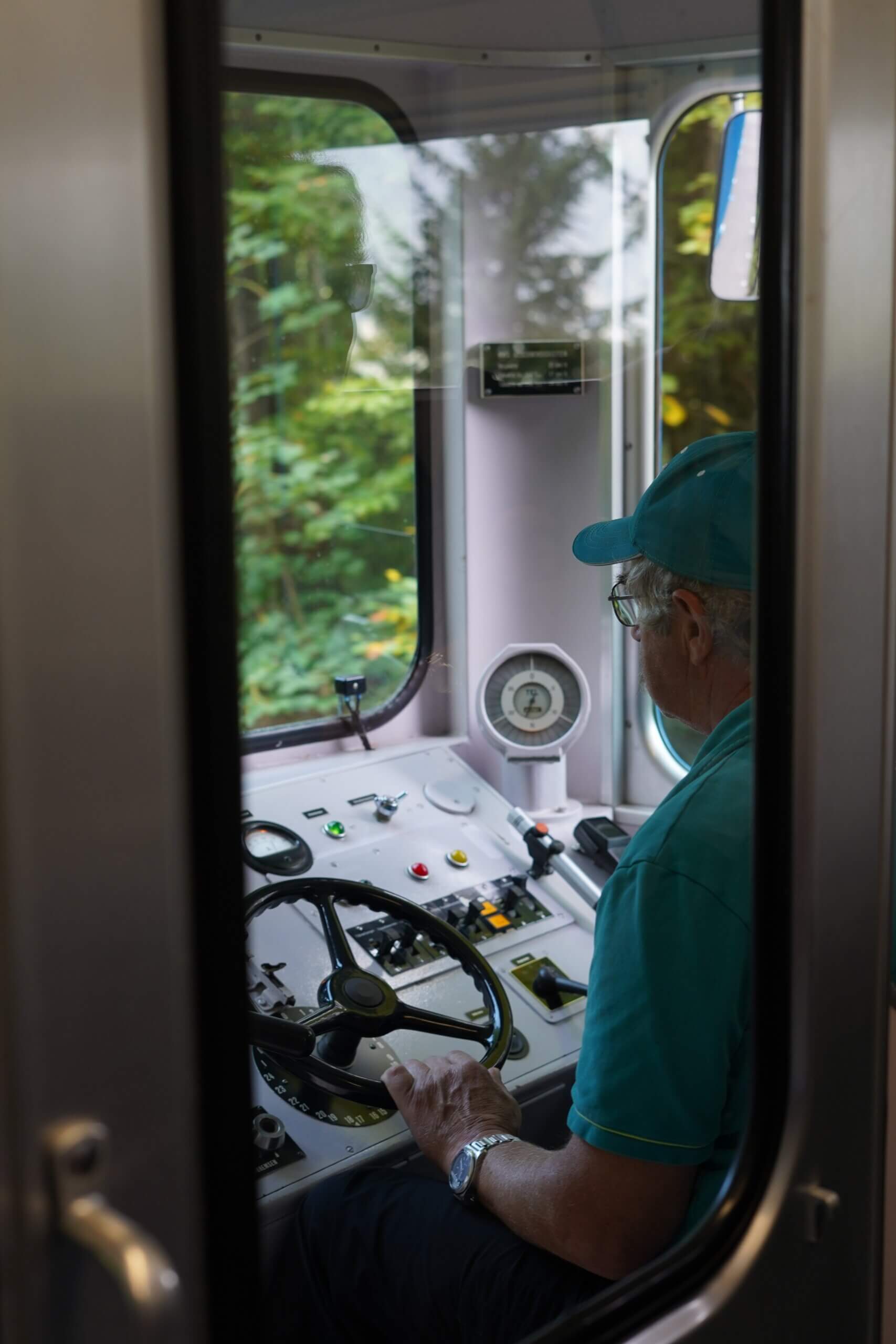
1.Buy the Swiss Travel Pass
The Swiss Travel Pass gives you free unlimited use of trains, trams, boats and buses, from 3 to 15 days with purchase of the pass. Tip: Choose the Swiss Travel Flex where you travel unlimited for 3 days in a month (267 CHF). The pass also provides unlimited use of public transport and access for free to 500 museums across Switzerland.
Aside from regional transport, public transport in cities is inclusive too – like buses, trams and funiculars. Another wonderful aspect of purchasing the pass includes 50% off mountain railway tickets. There are a number of different options for buying a specific pass and it’s well worth doing your research and buying a pass that caters to your specific needs. Itineraries for travel on consecutive days are available or the flexible pass option. Passes for 3,4,6, 8 or 15 consecutive days can be bought. One of the main bonuses of having the pass is not having to queue up to buy tickets. This feels very luxurious and certainly lifts the stress of travelling in a new country. People under 26 years get a 30 percent discount on travel.
Some of the advantages of the travel pass include not being tied down to a rigid itinerary. With the flexibility to travel far and wide, this certainly enlarges the scope for travel. Switzerland with its wealth of clear mountain lakes and rugged peaks is the ideal place to explore by boat and mountain railway. With the additional option to visit over 500 museums with the pass, buying a Swiss Travel Pass ensures that visiting Switzerland is an affordable and rich travelling experience.
2. Take the scenic route
The Swiss Travel Pass also includes boat services, allowing you to enjoy a full day of ferry rides on Lake Geneva, Lake Lucerne, or Lake Zurich, all covered by your pass. I hopped on a cruise boat on Lake Geneva on a gloriously sunny early day in Autumn and it was the perfect way to enjoy the stunning landscapes and charming lakeside towns that surround this iconic Swiss-French lake. Popular stops on the cruise include Vevey (birthplace of Chaplin), Montreux plus a magical view of the medieval fortress, Chillon Castle near Montreux.
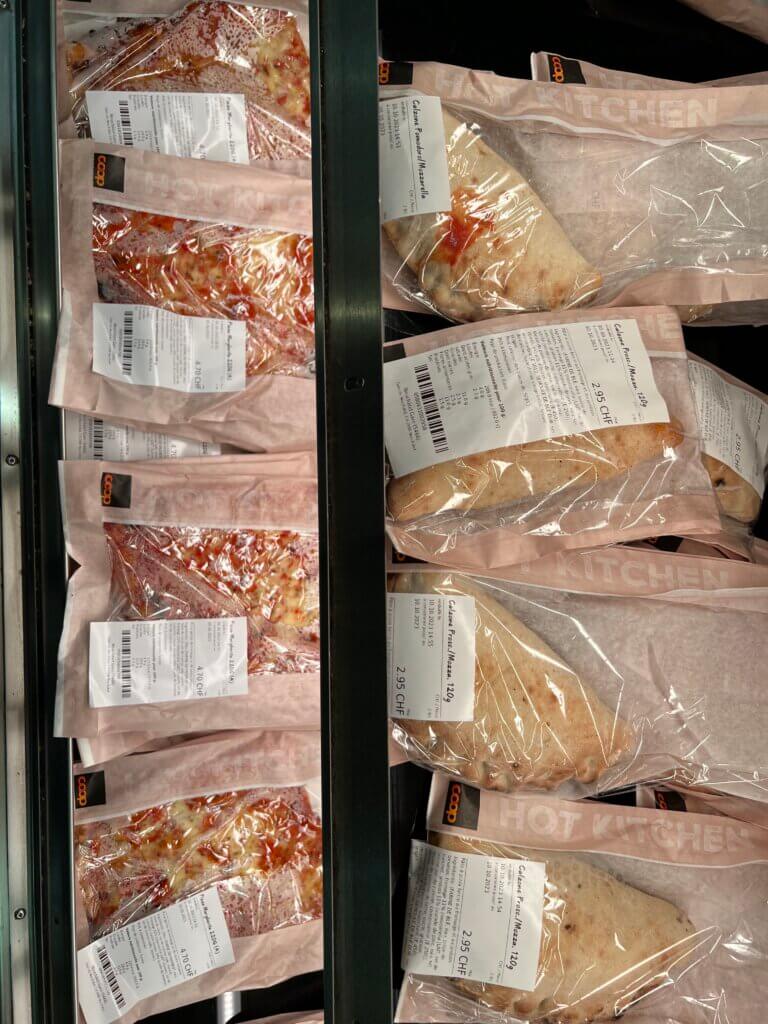
3. Have a picnic on the train or boat
Most train stations in Switzerland have a Coop or Migros supermarket where you can load up on local cheese, sushi or salads, hot food section (Veggie Calzone for €3) plus an extensive selection of Swiss chocolate. Must try is Rivella – a typically Swiss, milk-based fizzy drink.
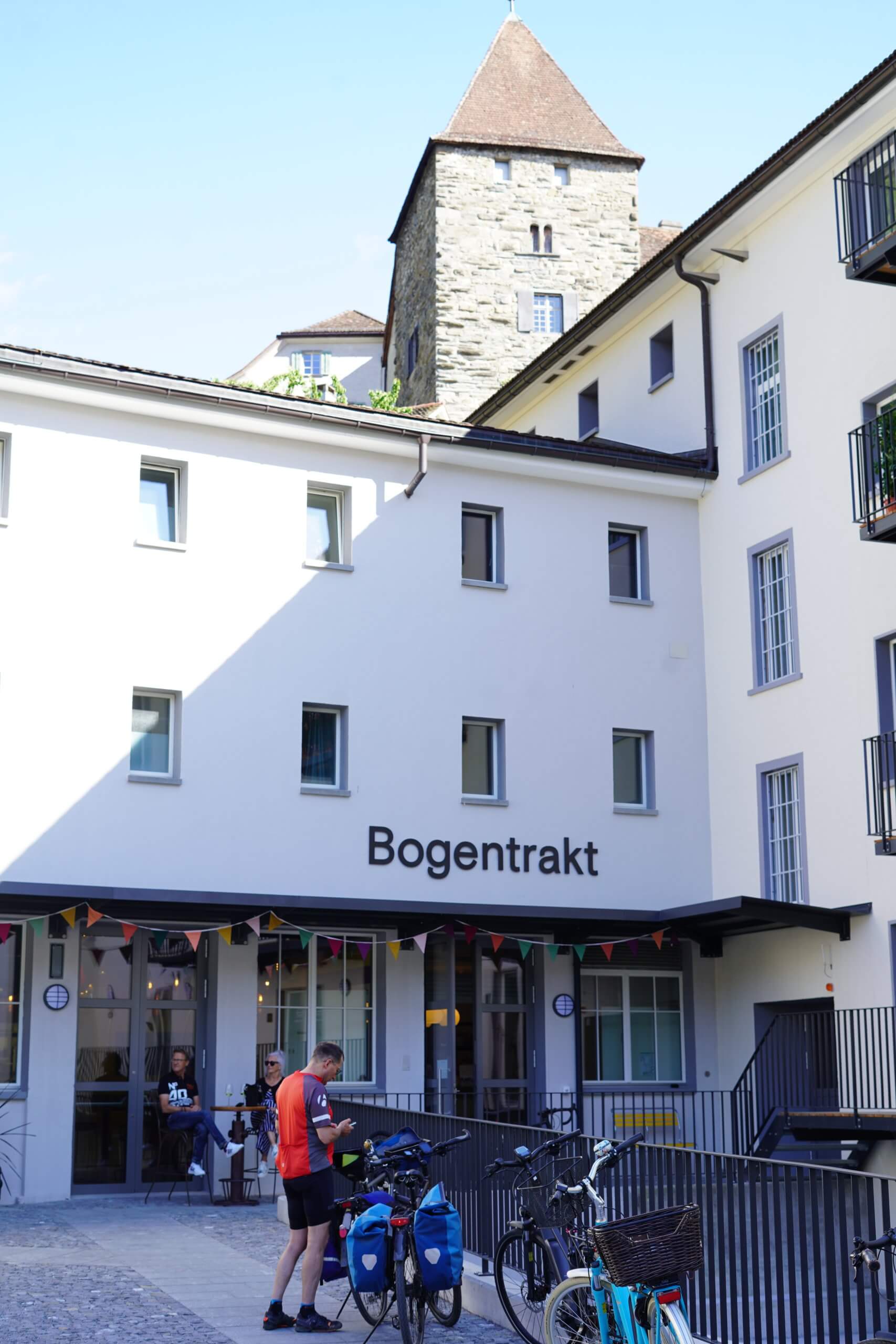
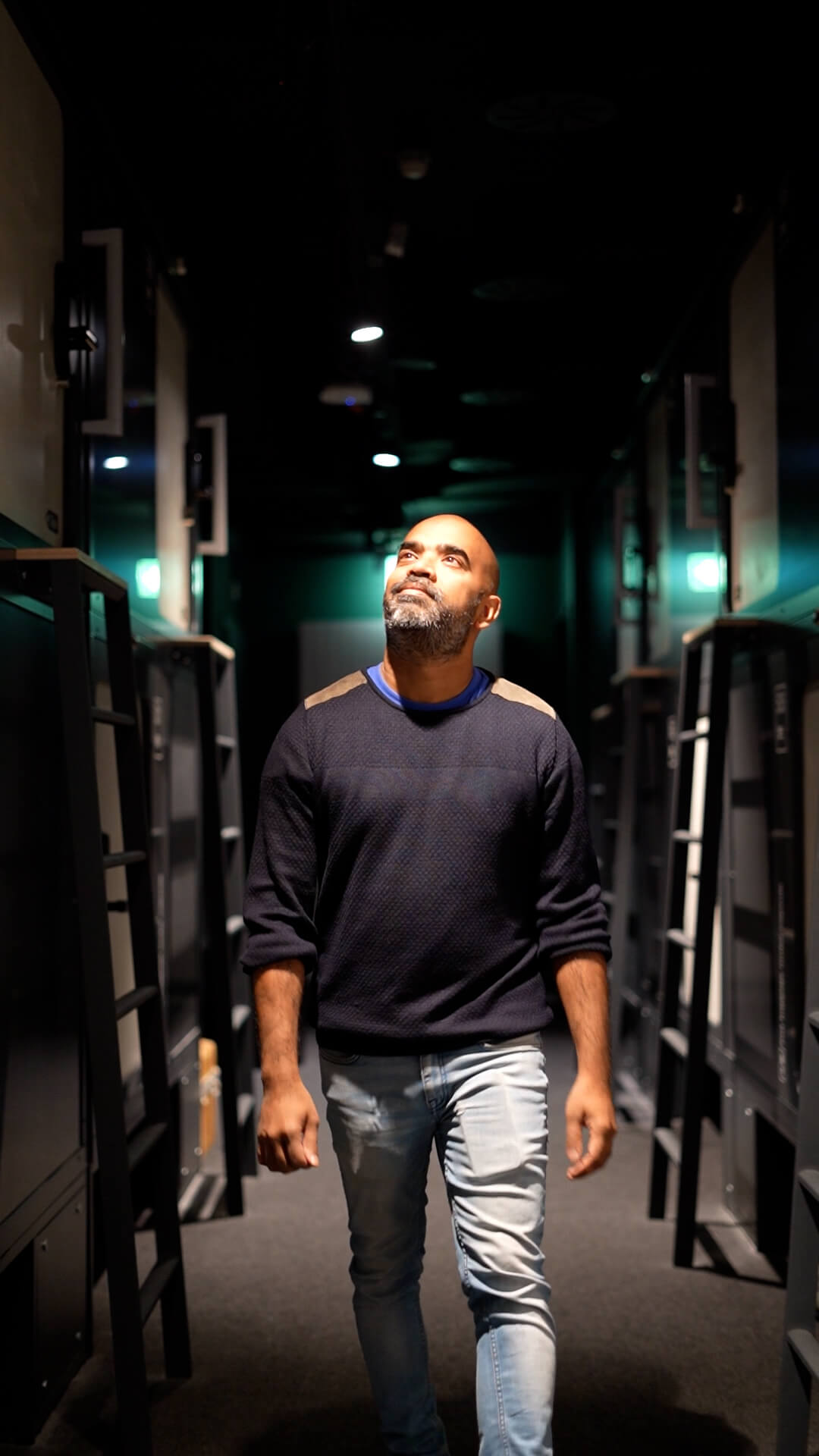
4. Stay in a hostel
If you are on a budget, Hostelling is the way to go. My favorites are the Bogentrakt Hostel in Chur ( Chur is a lovely wee town that you should definitely consider for your next trip to Switzerland- checkout my recent guide on Free things to do in Chur ) , the Capsule Hotels Switzerland are a fantastic small chain that offers spacious, comfortable Japanese pod style beds where you can enjoy your own privacy at the fraction of a cost of a room: You can get 15% off your stay with the code: CAPSULE15 at the Capsule Hotel Alpine Garden and at any of their other locations , include Lucerne and Basel
Checkout my review of the Capsule Hotel Alpine Garden in my brand new guide on how to enjoy Zurich on a budget
5. Lower your average daily costs and cook your own meals
Eating out, along with alcohol will be your two major expenses in Switzerland. Luckily, many of the hostels will have their own self catering kitchen so you can prepare your meals and lunches. One of our favourite travel accessories is a good Tupperware box where we can store sandwiches and I also travel with my Indian spices in case we want to whip up a curry.
6. Sleep in Straw
Checkout ‘Sleeping in Straw’, a service where travellers and hikers can sleep in barns of farms across Switzerland for as little as 30CHF including breakfast!
7. Use a reusable water bottle
The opportunities to refill your bottle are endless in Switzerland thanks to their excellent public fountains: Zurich alone has 1200 public fountains!
8. Try 100 types of biscuits at the Kambly Factory
Skip breakfast, lunch and visit the Kambly factory store in the picturesque village of Trubschachen which has 100 biscuit varieties to choose from, with free samples!
9. Free museums in Switzerland (and free chocolate)
The Swiss Travel Pass gives you free access to 500 museums. This includes Maison Cailler in Broc, Switzerland’s oldest chocolate brand where you can indulge in multiple free tasting opportunities including the infamous all-you-can-eat selection of Cailler chocolates. Many museums in Switzerland are free: CERN in Geneva and the Nature Museum in Solothurn for example. Some cities offer free access to museums and galleries on certain days. Most museums in Zurich offer free entry on Wednesdays.
10. Hike to work off all the chocolate and cheese
With all that free chocolate and biscuits, you will need to walk it off and luckily, Switzerland’s offers 65.000 kilometres worth of hiking trails. To plan your hike, use the Schweizmobil website or download their app
11. Don’t drink
One way to save money in Switzerland is by avoiding alcohol. A beer will cost around 8 CHF while a mixer or cocktail will set you back by 15 CHF.
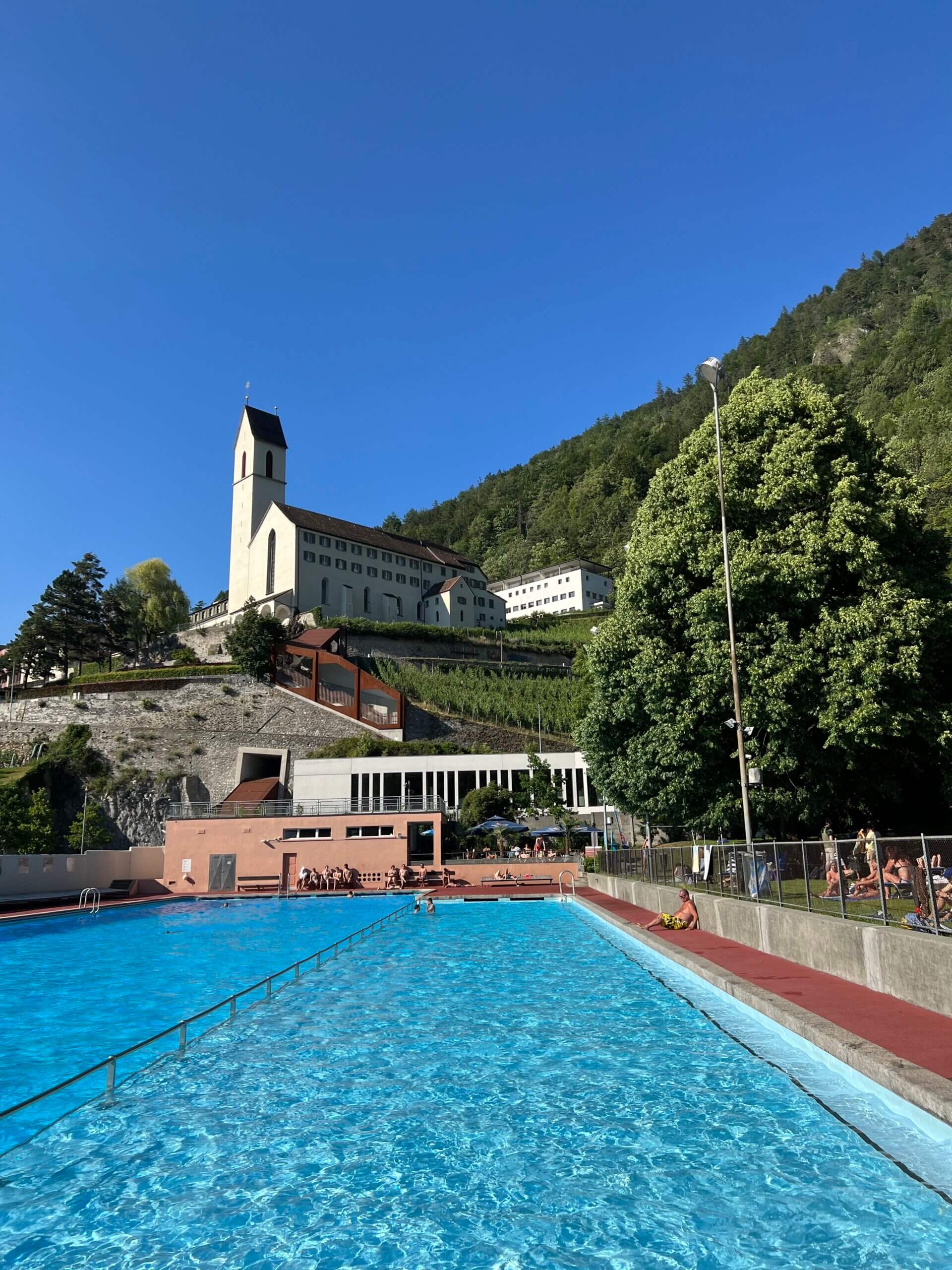
12. Free public transportation in Switzerland
In various Swiss cities, complimentary access to local public transportation network is extended to guests. Upon your check-in at lodging establishments in Bern, Basel, Lucerne, Lausanne, Montreux, Geneva, and throughout the entire Canton of Ticino, you will be provided with a pass that grants you unrestricted use of local transport for the duration of your visit. In Chur, you get access to local museums and also their very scenic outdoor swimming pools too.
13. Rent a bike
Riding a bike may be one of the most eco-friendly ways to get from one point to another in a city or for exploring the outskirts of the city in a slow but contemplative way. Swiss cities like Zurich, Bern, Geneva, Neuchâtel, Zug or the Canton of Valais, have the option of renting a bike for absolutely free! In Geneva, ‘Züri rollt’ provides bikes with a valid ID and a 20 CHF refundable deposit to rent a bike for a day, or in some cases – a few hours. E-bikes and cargo bikes are available for 30CHF/day. The main bike station is at Zurich Main Station at Europaplatz. Bikes are available daily, all year round from 8am to 9.30 pm. It’s worthwhile checking out other Swiss cities for bike rental options, which might be cheaper than other transportation options.
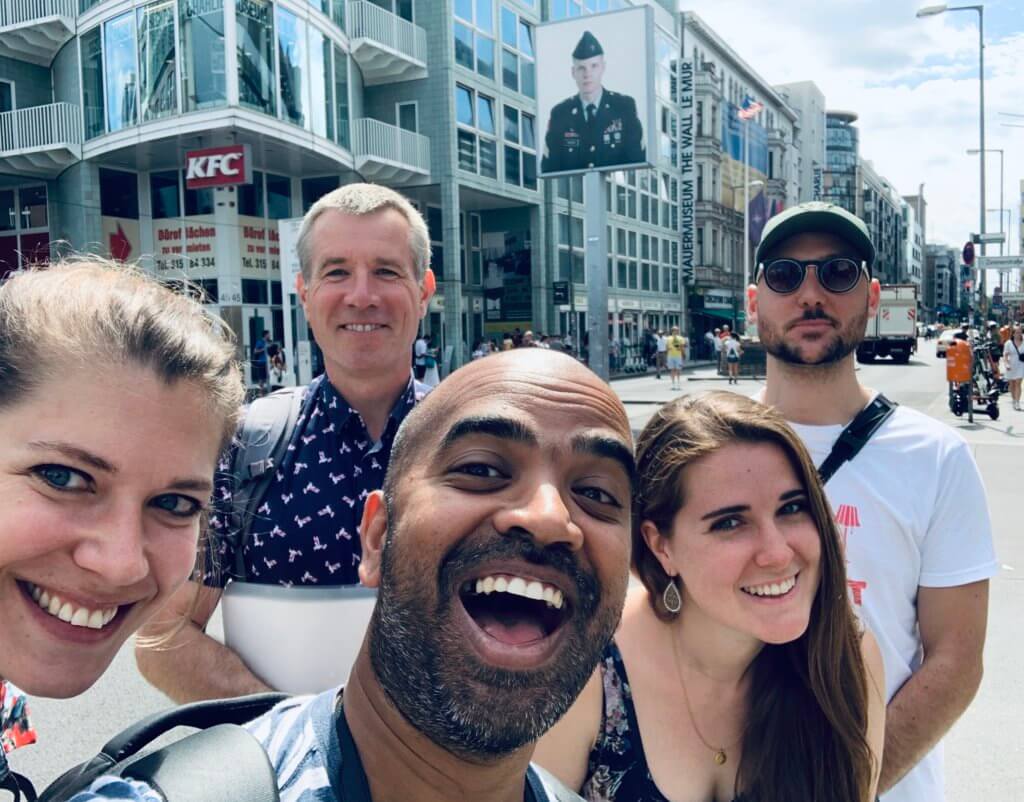
14. Take a free walking tour
In Switzerland, major cities like Zurich, Geneva, and Bern have free walking tours. Here are a few tips on finding and enjoying free walking tours in Switzerland.
Free Walking Tours Switzerland
Free Walking Tours Switzerland offer informative and entertaining tours at no upfront cost.
Check the Tourist Information Point
Also check the local tourist information centre in the city you are in. They can provide details about any scheduled free walking tours, including starting points and times.
Check with your hostel
Plus check with your hostel who may run their own free walking tour of the city.
15. Don’t forget: Travel Insurance
Tourists from EU-/EFTA-countries or United Kingdom (UK) are covered by EHIC scheme to receive medical treatment during their trip to Switzerland (holidays or business trips). Nationals of other countries must have proper Travel insurance to cover the costs of treatment in Switzerland. I recommend Safety Wing
Disclaimer: This post was made possible thanks to a storytelling project about the Swiss Travel Pass in partnership with the Swiss Travel System and Switzerland Tourism. All views, good and bad, are entirely my own.
